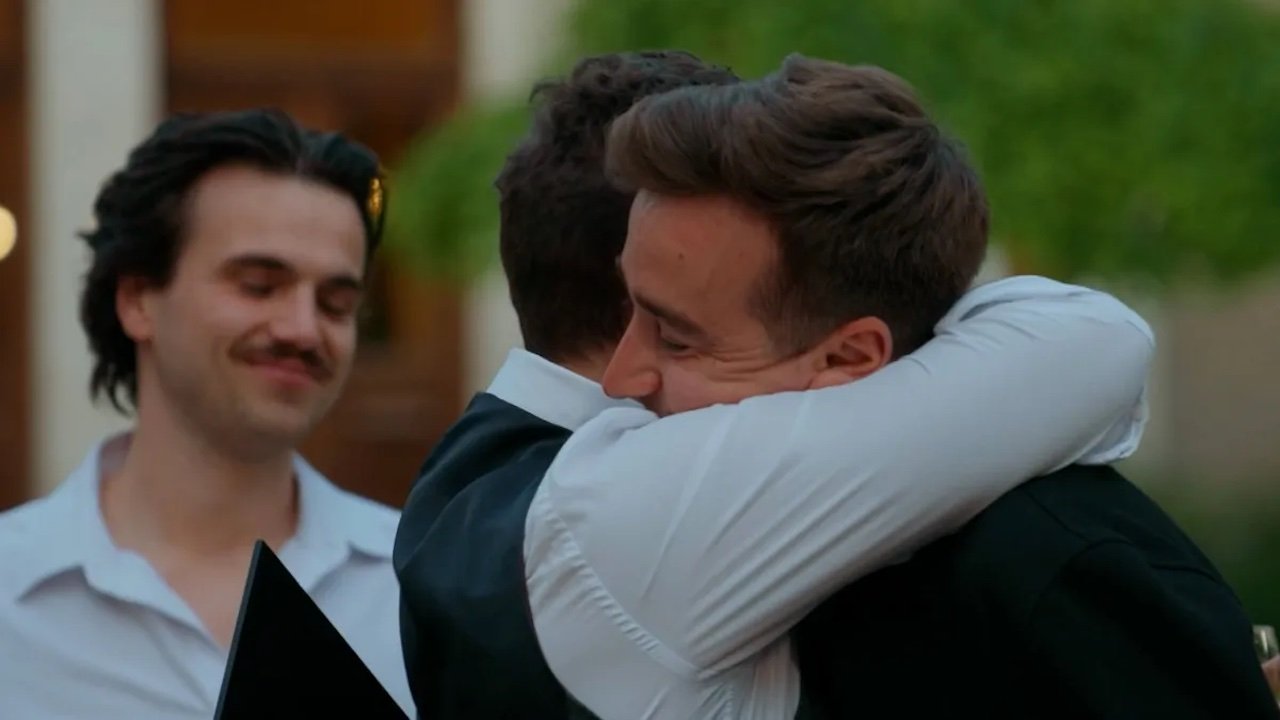#Breast #cancer #pink #sweet #shit
In 2023, 35,312 new cases of breast cancer4,000 more than those detected in 2013, according to data published by the Spanish Association against Cancer. Therefore, the incidence of this type of disease has experienced continuous growth and is expected to continue increasing.
Hopes and challenges to face breast cancer, the most common among Canarian women
Although the number of people who manage to be cured is high, between 5% and 6% of the cases registered annually present metastases from the first moment they are diagnosed. Which means that the cancer cells are not only limited to the breast area but have spread to other parts of the body, such as the liver, lungs, brain or bones.
Likewise, 30% of people whose disease is detected in early stages suffer a relapse with metastasis years after completing their treatment. However, this dispersion of the malignant tumor has no cure, existing medications only stop its proliferation and try to extend the life of patients as much as possible, says Vicky Rojo, representative in the Canary Islands of the Spanish Association of Metastatic Breast Cancer (ACMM).
Rojo reports that metastatic breast cancer patients are the “big forgotten ones,” since he warns that the breast tumor has “softened” and society has the conception that it is cured in all cases, but the truth is that a percentage of people develop metastases and do not recover. That is why he highlights the relevance of initiatives such as ‘the missing M’. A movement promoted by the Spanish Metastatic Breast Cancer Association in collaboration with the Daiichi Sankyo Alliance and AstraZeneca, which aims to give visibility to this reality and ensure that patients receive the social recognition they need.
Vicky Rojo was diagnosed with breast cancer 5 and a half years ago. She started with a primary cancer and, as she points out, she had “very good medical expectations,” because it was detected in time. But she says that when she was 2 years old she had back pain for a while and in the end they detected that she had metastases.
Vicky Rojo, representative in the Canary Islands of the Spanish Association of Metastatic Breast Cancer Alejandro Ramos
Treatments inaccessible for years
The territorial representative in the Canary Islands of the Association, Vicky Rojo, explains that she has taken the disease with “a lot of attitude”, but that this does not exempt her from feeling frustration, since she explains that metastatic breast cancer has “very good days and very “bad” because it involves medication that, although it allows them to live longer, causes side effects. Therefore, she regrets that they do not even have “treatments with an exquisite quality of life.”
A medication that points out that it is not static but varies from one drug to another when they are no longer effective in paralyzing the tumor. That is why he emphasizes that it is important to have new medications that expand the treatment lines. But he comments that, although the marketing of innovative drugs is authorized in Europe, it is very difficult for them to reach Spanish patients.
According to The report published in 2022 by the European Federation of the Pharmaceutical Industry (Efpia), in Spain it takes an average of 540 days to establish the conditions under which oncological medicines approved by Europe will be financed and, finally, included within the pharmaceutical benefits of the National Health System. A period that does not comply with European Union legislation, since it establishes that financing must be managed within a maximum of 180 days.
Inequality between autonomous communities
Likewise, Vicky Rojo calls the inequalities in access to medicines and tests depending on the autonomous community in which the cancer patient resides as “surreal.” She mentions that a person with the same illness as hers in Extremadura, for example, can opt for a treatment that she cannot resort to in the Canary Islands. That is why she demands that there be more equity in this area and that “it does not matter where you were born so that you can have the opportunity to live.”
Finally, Rojo wanted to highlight that breast cancer is not “pink, nor nice, nor sweet”, but in reality it is “shit”, even for women who are cured because it indicates that the body “is going through a “a very hard process, with very harsh medications” and that both its physical and psychological consequences lasted. He points out that all breast cancer patients who are cured will continually have the “sword of Damocles in their heads” and will repeatedly think: “it’s going to come back, I’m going to have metastases.”









